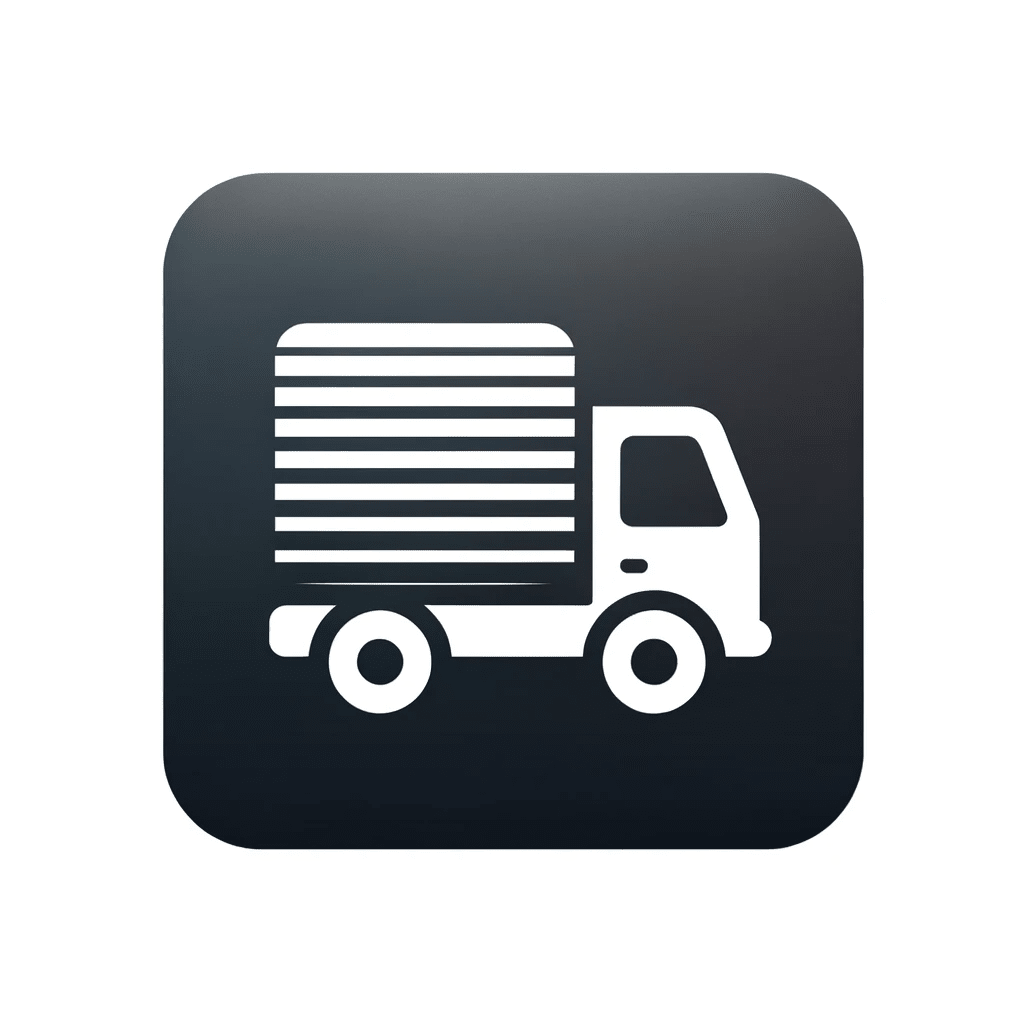Living with endometriosis and infertility: Dea from Berlin tells her story
- READING TIME 8 MIN
- PUBLISHED November 02, 2023
- AUTHOR Donna
Key takeaways
- Dea, an interior designer from Berlin, gives Donna a glance into the world of living with endometriosis. “There were days when I didn’t feel good in my skin at all.”
- She also describes her experience with in-vitro fertilization (IVF). “It is a routine procedure, but I found it emotionally exhausting.”
- Dea advocates for more awareness and works toward a society where there’s more understanding of women+ with reproductive issues. This is her story.
Dea from Berlin tells her story
In a candid conversation with Donna My Personal Pharmacy, Dea talks about her life with a condition that has tested her profoundly. After years of debilitating pain and emotional rollercoaster, she now speaks about her experience with realism, but also unwavering enthusiasm as she encourages women+ not to suffer endometriosis and its consequences in silence.
“A lot of women+ don’t know what endometriosis is and how it can affect you. If you feel pain or that something is just not right, go and see a doctor. Don’t wait a minute longer. The sooner you’ll go, the better,” she appeals to women+.
An accomplished interior designer from Berlin, Dea (35) talked to Donna about her experience with endometriosis and resulting infertility. We started our conversation at the beginning, though…
Could you take us back to your first period – how do you remember it?
I had my first period relatively late, at 16 years of age, in part, because I was struggling with anorexia at the time. My early periods were not necessarily too painful, but they were strong with a lot of blood. One time in high school, I bled so much that I was soaked to my knees. I felt ashamed.
I started taking hormonal contraceptives when I was 18 for about two years. My periods became less intensive during these two years, but consuming hormones just didn’t feel natural to me. The contraceptives also caused other complications like skin problems.
Did your periods become more painful later?
Around ten years ago when I was 25, I started to experience more severe cramps. I was also often bloated, my breasts were soared and I had very strong PMS symptoms. At some point, it felt like I was experiencing period or premenstrual syndrome three weeks out of four each month.
I finally went to a gynecologist who found a large endometrial tissue on my ovaries. In three months after the first visit, it has grown to the size of an orange, amounting to a stage four endometriosis – out of four stages. I had no other option but to remove the tissue with a surgical procedure called laparoscopy.
✿ ✿ ✿
What is endometriosis?
Endometriosis is a chronic disease that affects around 10 percent of women+ around the world. 1 It occurs when tissue similar to the tissues that lines the uterus grows in places where it shouldn’t grow – in the fallopian tubes, ovaries, pelvis or on other organs. Endometrial cells grow and shrink in sync with your menstrual cycle. As it breaks down, it causes slight bleeding inside the pelvis. Some women+ can have endometriosis and not even know it, but for many, endo can cause cramping, pelvic pain, inflammation, swelling and scarring. 2
✿ ✿ ✿

How did the surgery go?
When I woke up, the doctor said he unfortunately didn’t have good news. They found a tumor on the ovaries, along with endometriosis in other places like my bladder which had to be removed but it could be done only with the assistance of a urologist. So, I had to go in for another surgery where they removed a third of my bladder, but I started bleeding after the procedure. It turned out there was a small cut which resulted in four additional surgeries in just five days.
Do you still have endometriosis?
I still have endometriosis in my uterus – but the only way they can remove it is by removing the uterus. Generally, even if you have endometriosis removed, it is still very likely it will reappear in the future.

“If you feel pain or something just isn’t right, don’t wait a minute longer. The sooner you’ll visit the doctor, the better.”
_______________________________________________________________________________
Dea encourages all women+ not to ignore early signs of a possible endometriosis.
How does it feel to live with the condition?
My symptoms typically start to show around two weeks before the onset of menstruation – stomach pains, bloating, sore breasts. Once the bleeding started, I felt pain in my legs. There was also nausea, I was often white as chalk.
It’s hard to work like this – especially if you don’t receive much understanding from others. One time, I was sent home by my female boss because she could clearly see I was struggling, but the receptionist, also a female, dismissed me with contempt when I told her why I was going home early. I’ve received similar comments on different occasions, often from other women+. After hearing them, you just want to suck it up but that is incredibly unhealthy for you, and it just leads to suffering in silence.
What did you do to help ease the pain?
I looked for alternatives. I started taking supplements like agnus castus (chaste tree) which my gynecologist recommended to me. I also started doing acupuncture. It may be one or the other, or a combination, but these alternatives helped me. I still have irregular cycles and longer periods which tend to last up to eight days, but it’s a far cry from my most painful and period-intensive years when I had to use two pads at the same time with three towels during the night. Painkillers, on the other hand, didn’t help with the pain. I would have to take them a lot, anyways.
Endometriosis can also cause emotional distress. There were days when I didn’t feel good in my skin at all. It may also have to do with the fact that none of my close friends has had a similar experience that we could share with each other.


You mentioned that you often received little understanding from co-workers. What do you think needs to change for society to become more accommodative?
Awareness is the key. A lot of girls and women+ don’t know what endometriosis is and how it can affect them. If you feel pain or that something is just not right, I encourage you to go and see a doctor. Don’t wait a minute longer, the sooner you’ll go, the better.
Generally, we need more acceptance and understanding in society. We all have different experiences, bodies, we menstruate and tolerate pain differently.
There are other issues as well. Women+, especially ones who have strong periods, spend a lot of money on pads and tampons. These products need to be accessible to all women+, not just those who can afford them. I also think it’s a positive development that some countries are now offering sick leave to women+ with debilitating period pain. But at the same time, I’m not sure how many women+ will take days off. The stigma runs deep and it’s still not the easiest to talk about the symptoms of menstruation openly and freely.
Endo often affects fertility as well. What was your experience?
When they surgically remove endometrial tissue on the ovaries, they also cut out a portion of healthy tissue which includes a part of your ovarian reserve of eggs – just to be on the safe side. How much tissue they remove depends largely on the stage of endometriosis – if the condition is diagnosed quickly and it’s still in the early stages, you can treat it with medications, something that’s not effective in later stages.
But with removing parts of your ovarian reserve of egg, they can also take away your fertility. Many women+ with endometriosis, me included, have trouble getting pregnant or can’t conceive at all.

To conceive, you’ve undergone several in-vitro fertilization treatments (IVF). How did IVF look in your case?
You first have an intro meeting where you discuss your medical records and experience with infertility. The clinic then tests both partners. In my case, they performed an ultrasound and drew blood to measure my hormone levels and ovarian reserve. The lower the number of follicles (or the levels of AMH hormones which correspond to your egg count), the less chance IVF will work. In my case, it turned out I had an ovarian reserve of a 42-year-old woman+ – I was 30 at the time.
This is very important. With normal egg reserve, they are able to secure up from 10 to 20 eggs for fertilization with the sperm. In my case, they only retrieved one or two. In my third and last IVF, for example, I had a less intensive hormonal treatment which makes it harder to control ovulation. I remember I was already in the operation room and ready for the egg retrieval procedure. The doctor started applying anesthesia, but when he checked again, that one follicle they were supposed to retrieve was gone. I could only turn around and go home.
Did IVF affect you emotionally as well?
It is a routine procedure, but I found it emotionally exhausting. You must first take injectable medication to induce ovulation so that ovaries produce more than just one egg that typically develops each month. In my case, I took injections twice per day for two weeks.
A day after the final injection, you go to the clinic where they retrieve the eggs from the follicles. After they fertilize the egg in the lab, which takes a couple of days, they insert the embryo into the uterus. You again wait for two weeks for results. The waiting part was hard for me, it felt like months had passed. You’re also very moody and quickly irritable because of all the hormones but you keep hoping. In my three cases, I wasn’t successful.
Also, keep in mind that you may not always end up with your original doctor. The egg retrieval process must be done when the time is right. In my experience, it can happen over the weekend which means you may end up with a health care provider that you don’t know.
✿ ✿ ✿
Here at Donna we aim to amplify voices from women+ like Dea. If you want to share your story with the community, we welcome you to reach out to us through email, Instagram or Facebook. And remember – you’re not alone in this.
REFERENCES
- https://www.who.int/news-room/fact-sheets/detail/endometriosis
- http://hopkinsmedicine.org/health/wellness-and-prevention/period-pain-could-it-be-endometriosis

